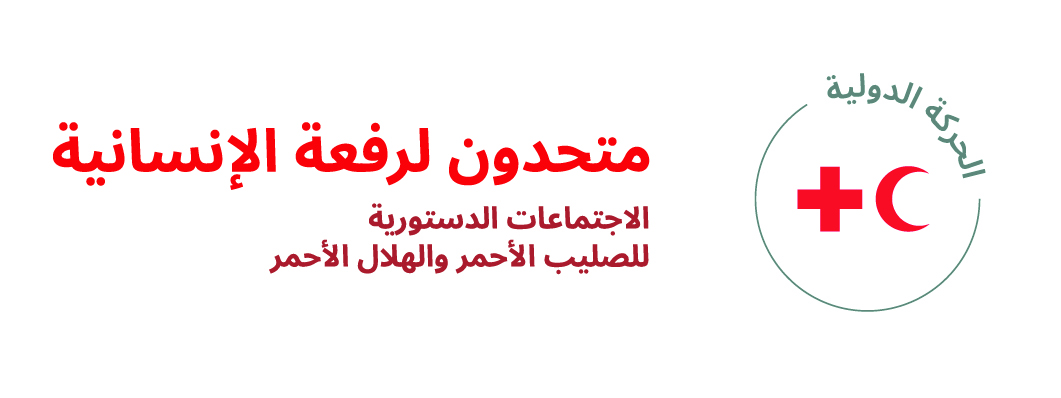أ) أهداف التعهد
Warfare in cities and urban areas has become one of the most complex and challenging forms of conflict, causing significant casualties and damage to civilians and critical infrastructure essential for modern life. The government of my country puts forward its voluntary pledge to prevent and mitigate the harm caused to the civilian population, civilian objects, and critical infrastructure.
Within the framework of this pledge, the government of my country intends to strengthen the measures aimed at minimizing incidental loss in urban warfare by:
- Continuing constructive engagement with regional and international mechanisms for the International Humanitarian Law (IHL) applicable to warfare, particularly the International Committee of the Red Cross (ICRC).
- Persisting in rallying behind efforts to disseminate the International Humanitarian Law.
- Continuing to train officers and personnel on International Humanitarian Law (IHL).
- Striving to apply the provisions of the International Humanitarian Law that are consistent with the main trends of urban warfare.
- Supporting and training the targeting and engagement cells in operations centers on how to select and identify targets in accordance with the norms of the International Humanitarian Law.
ب) خطة العمل:
- Training 50,000 members of the armed forces on International Humanitarian Law.
- Developing and teaching an International Humanitarian Law curriculum at all levels of education.
- Expanding the development of additional protection networks.
- Reviewing and updating the armed forces’ training curriculum on the Law of Armed Conflict (LOAC) and developments in modern warfare.
- Training 500 International Humanitarian Law Trainers (TOT).
- Rehabilitating 1,000 primary schools, 500 middle schools, and 300 high schools.
- Building and refurbishing 50 hospitals and 200 health centers.
- Restoring electrical power, water, roads, bridge networks and stations.
ج) مؤشرات قياس التقدم المحرز
Nil
د) الآثار المترتبة على الموارد:
Challenges
- Lack of resources
- Limitations on the ground
We call on international and humanitarian organizations and donors for the following:
▘ To provide the necessary support for funding critical infrastructure projects destroyed by the war, especially in the health, education, electricity, and water sectors.
▘ To secure more funding for the impoverished civilian populations affected by the war.
▘ Support training and awareness programs to prevent casualties and lower risks to civilians and infrastructure.




